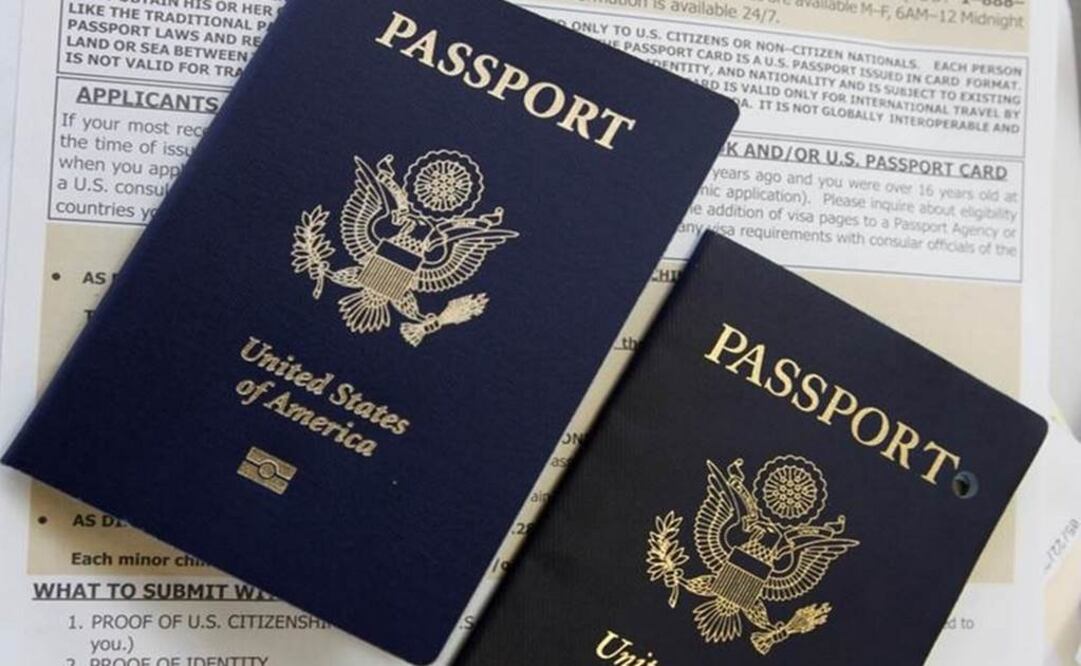Más Información

Sheinbaum reprueba dichos de morenista sobre empleo del narco; no es deseable que jóvenes se unan a delincuencia, dice

Juez da prórroga para cierre de investigaciones en caso del sujeto que acosó a Claudia Sheinbaum; audiencia será el 13 de enero

EU realizó acciones militares en 6 países desde que Trump volvió a la Casa Blanca; la mayoría han sido bombardeos selectivos
The State Department said Friday it has been forced to suspend the issuance of U.S. passports and visas at its overseas diplomatic missions due to a glitch that has hit one of its computer databases.
In a statement posted to its travel.state.govwebsite, the department said a hardware failure in its Consular Consolidated Database glitch has left overseas embassies and consulates unable to print visas, regular passports and other travel documents. This means that people who submitted online applications for passports and visas on or after June 9 will likely experience delays in processing, it said.
The failure does not affect domestic passport issuance because it only stopped the database from receiving biometric information sent from overseas posts, the department said.
"We cannot bypass the legal requirements necessary to screen visa applicants before we issue visas for travel," it said. "As a result, there is a backlog of visas waiting to be processed. We are working as quickly as possible to resolve the issue and to clear the backlog."
"Security measures prevent consular officers from printing a passport, report of birth abroad or visa until the case completes the required national security checks," it said.
More details about the failure were not immediately available.
The consular database was taken down last July by another technical glitch that had the same effect but the department said the current issue is unrelated. The department said it was working "urgently to identify the problem and correct it."
"We expect the systems to be fully operational again soon," it said, but offered no timeline.
Noticias según tus intereses
[Publicidad]
[Publicidad]











